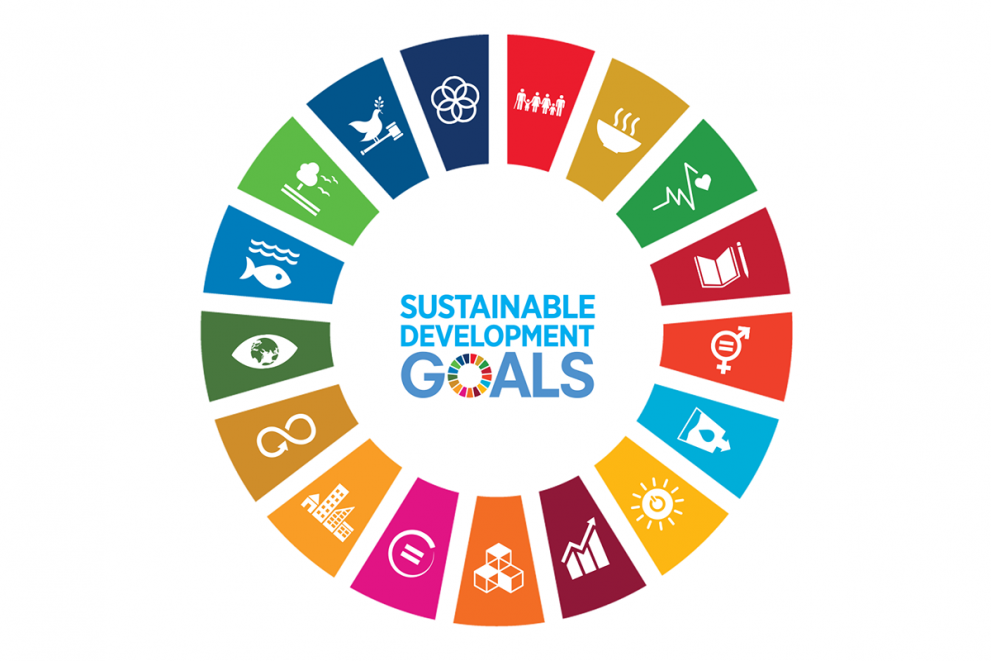-

SDGs, Precarity and Literary Studies
Live program on the sustainable development goals, literature and precarity 1-6 July!
-
Of Dogs and Sea Monsters: A Curated Webinar and Lucia Happening
The Posthumanities Hub presents! OF DOGS & SEA MONSTERS – A CURATED WEBINAR AND LUCIA HAPPENING Wednesday, 13 December 2023 at 13.15–15.00 CETSpeakers: Paola Ruiz […]
-

Webinar Thursday 13th April: “The concept of ROMA and posthumanist robots”
Warm welcome to The Posthumanities Hub & The Eco- and Bioart Lab Webinar “The concept of ROMA and posthumanist robots”with Dr. Tanja Kubes and Prof.Thomas […]